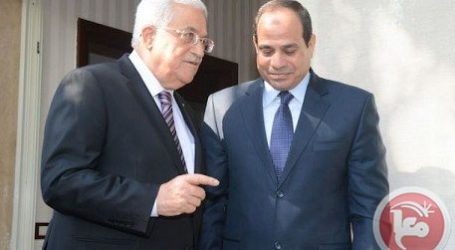SYRIA GOVERNMENT CALLS FOR PEACE TALK WITH OPPOSITIONS IN GENEVA
 Moscow, 15 Ramadan 1434 / 23 July 2013 (MINA) – The Syrian government under Bashar al Assad leadership called for peace talk with the opposition to resolve the crisis in Syria that has been ongoing for more than two years.
Moscow, 15 Ramadan 1434 / 23 July 2013 (MINA) – The Syrian government under Bashar al Assad leadership called for peace talk with the opposition to resolve the crisis in Syria that has been ongoing for more than two years.
The call was made by the deputy prime minister of Syria Qadri Jamil, the leader of the Popular Front for Change and Liberation, (PFCL), Monday (22/7) at the meeting with Russian Foreign Minister Sergei Lavrov in Moscow.
“The Syrian government is open to hold a dialogue with the opposition. We hope it will be able to end the Syrian crisis that has been ongoing since 2011. Geneva Conference 2 will be held in the few next monts,” he told reporters.
Meanwhile, Russian Foreign Minister Sergei Lavrov insisted Syrian issue is an internationally problem. All countries should help to find a solution to the crisis in Syria to be resolved soon by way of peace.
“The main responsibility for all Syrian people sufferings is on Western countries,” Sergei Lavrov said, according to the Syria Times report monitored by Mi’raj News Agency (MINA).
The Russian Foreign Minister also stated the issue of Syria is the responsibility of the international community. State leaders, especially Islamic countries should participate in efforts to resolve the crisis in Syria that has claimed more than 90,000 lives and more than one million people became refugees.
Syrian refugees
According to the United Nations High Commissioner for Refugees (UNHCR), more than 1.6 million Syrians are hosted in foreign countries, placing unprecedented strain on communities, infrastructure and services in host countries. There has been a massive escalation of arrivals in 2013. Over one million Syrian refugees have registered as refugees since the beginning of 2013.
Women and children make up three-quarters of the refugee population. The vast majority of refugees are dependent on aid, arriving with little more than the clothes on their backs.
They have fled to immediate neighbours Turkey, Lebanon, Jordan and Iraq. Yet the real number of Syrians refugees in these countries is much higher – perhaps double UNHCR statistics, which only record those officially registered as refugees.
It is a project of the Migration Policy Centre at the European University Institute, based on a series of studies conducted by local researchers on behalf of the MPC at the end of 2012. This is the result of close collaboration between a team of journalists and these local researchers, under the auspices of the MPC, to paint a broad picture of the worst refugee crisis to affect the region in years.
This is also examines the role played by the European Union: both in providing humanitarian aid as well as accepting refugees. While the EU is a leading aid contributor to the region, evidence shows that an expected refugee influx did not materialize.
Absorbing the massive influx of refugees has been an enormous challenge for Syria’s neighbours, with strong implications for the stability of the entire region. We hope it can help understand the context behind the crisis. (T/P04/E1)
Mi’raj News Agency (MINA)







